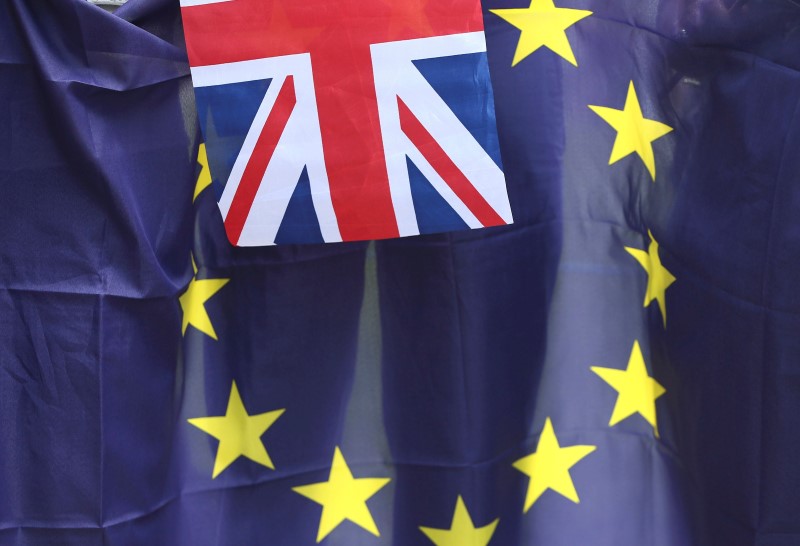By Daniel Dickson and Camilla Knudsen
STOCKHOLM/OSLO (Reuters) - A British exit from the European Union could make life harder for the central banks of Scandinavia, whose room to maneuver on monetary policy is already squeezed by record low interest rates and the backwash from the neighboring European Central Bank.
One scenario would be Brexit sparking a rush by foreign funds to relative safe havens of euro-outsiders Sweden and Denmark, strengthening their currencies versus the euro at the wrong time for central banks wary about deflation, asset bubbles and stability.
Uncertainty about the British referendum - to be held on Thursday - has already driven the Danish crown toward the upper end of its tolerance band to the euro.
Denmark's central bank head Lars Rohde said last week that his team is ready for unlimited intervention and to let its reserve of foreign exchange "sky rocket" to defend its peg from any such safe-haven flows.
But there is also the opposite scenario - Brexit leading to a sell-off of assets and currencies in small Scandinavian countries.
"If things become really messy, it will be risk-off on everything and investors will sell small countries' currencies, like Sweden's, Denmark's and Norway's," said Nordea chief economist Annika Winsth.
For Norway, things are complicated by its dependency on the price of oil. If oil were to fall following a Brexit vote and a general concern about world economy, the Norwegian crown would most probably weaken.
With the impact of a vote to quit the 28-nation bloc uncertain, the Norwegian and Swedish central bank chiefs, like Rohde, said last week they were ready to handle whatever happens.
Governor Oeystein Olsen told Reuters that Norway's bank was prepared to handle any market volatility triggered by the result.
RACE TO THE BOTTOM
The three countries have slashed rates in line with other central banks -- especially the ECB -- in a bid to weaken their currencies and stimulate inflation and growth, fuelling a boom in house prices and household lending that is worrying some policymakers.
Sweden has cut rates to -0.50 percent, while Norway's benchmark rate is at 0.50 percent and could be cut further. Denmark lifted its key rate to -0.65 in January from a record low of -0.75 percent.
That has led to an informal currency war. The Swedish and Danish central banks are looking at any strengthening of their currencies as a possible trigger for rate cuts.
Last year, speculators poured money into the AAA-rated Denmark's currency, betting Denmark would drop the three-decade-old currency peg and let the crown rise, after the Swiss National Bank scrapped its cap on the franc against the euro.
On Monday, the Danish crown was trading around 7.4362 per euro (EURDKK=D3). Under the ERM2 exchange rate mechanism with the euro, the crown must stay within 2.25 percent of a rate of 7.46038 per euro. In reality the central bank has kept to a much tighter range of plus/minus 0.50 percent.
Nordea's Annika Winsth said that a British exit could give a boost to the Swedish crown, given the economy's health compared with the euro zone.
The Swedish crown has weakened from 9.12 versus the euro (EURSEK=) late last year when the Riksbank first said it could intervene to defend a fragile upturn inflation upturn to 9.35 on Monday.
Then there is the join the parade scenario, in which international markets start speculating that Denmark or Sweden could contemplate leaving the union, said Swedbank analyst Catrine Danin.
"What could happen is that international markets start suspecting that Sweden would be a second country trying to start a Swexit," she said.
